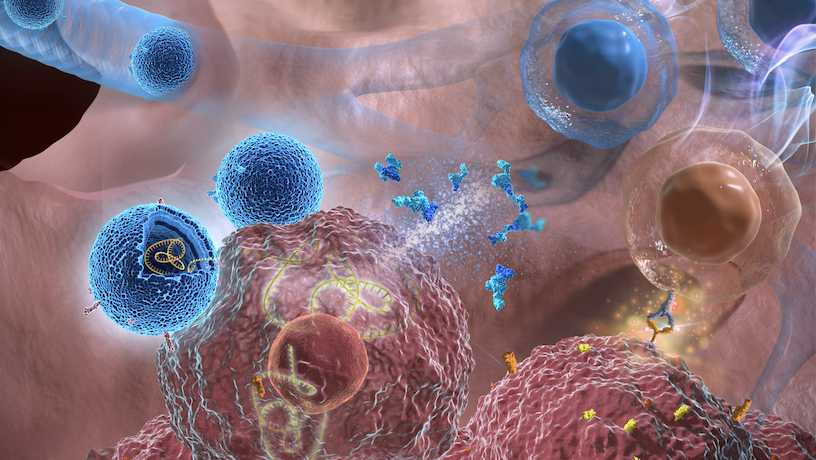Media Tip: An ingredient in toothpaste may make electric cars go farther
Argonne National LaboratoryAn ingredient in many toothpastes is sodium fluoride, a compound of fluorine. It is added to protect teeth against decay. But compounds containing fluorine have other practical uses that might surprise you. The U.S. Department of Energy’s Argonne National Laboratory scientists have discovered a fluoride electrolyte that could protect a next generation battery against performance decline.









































